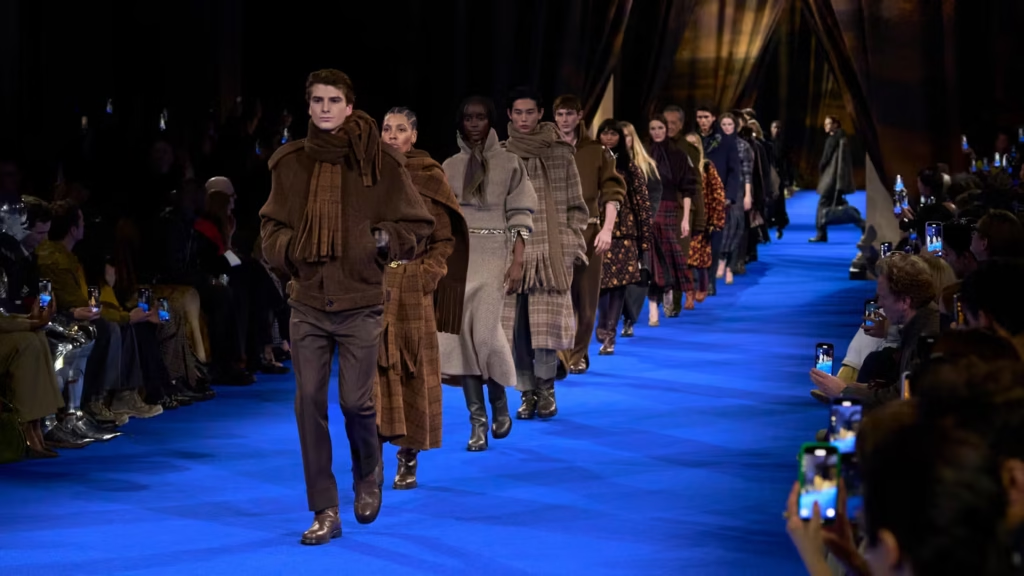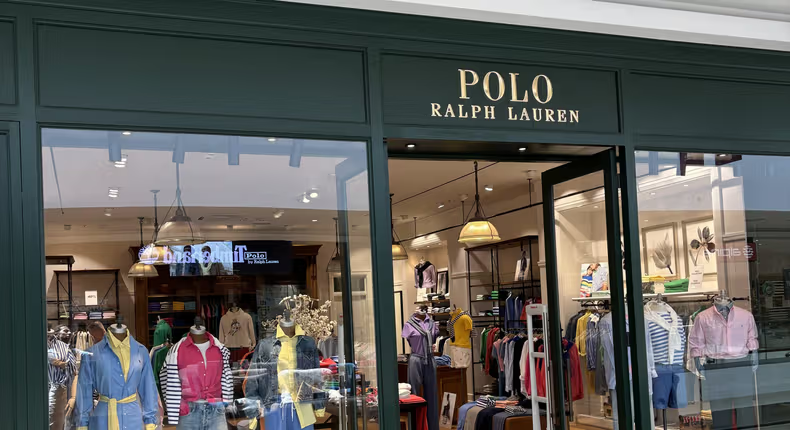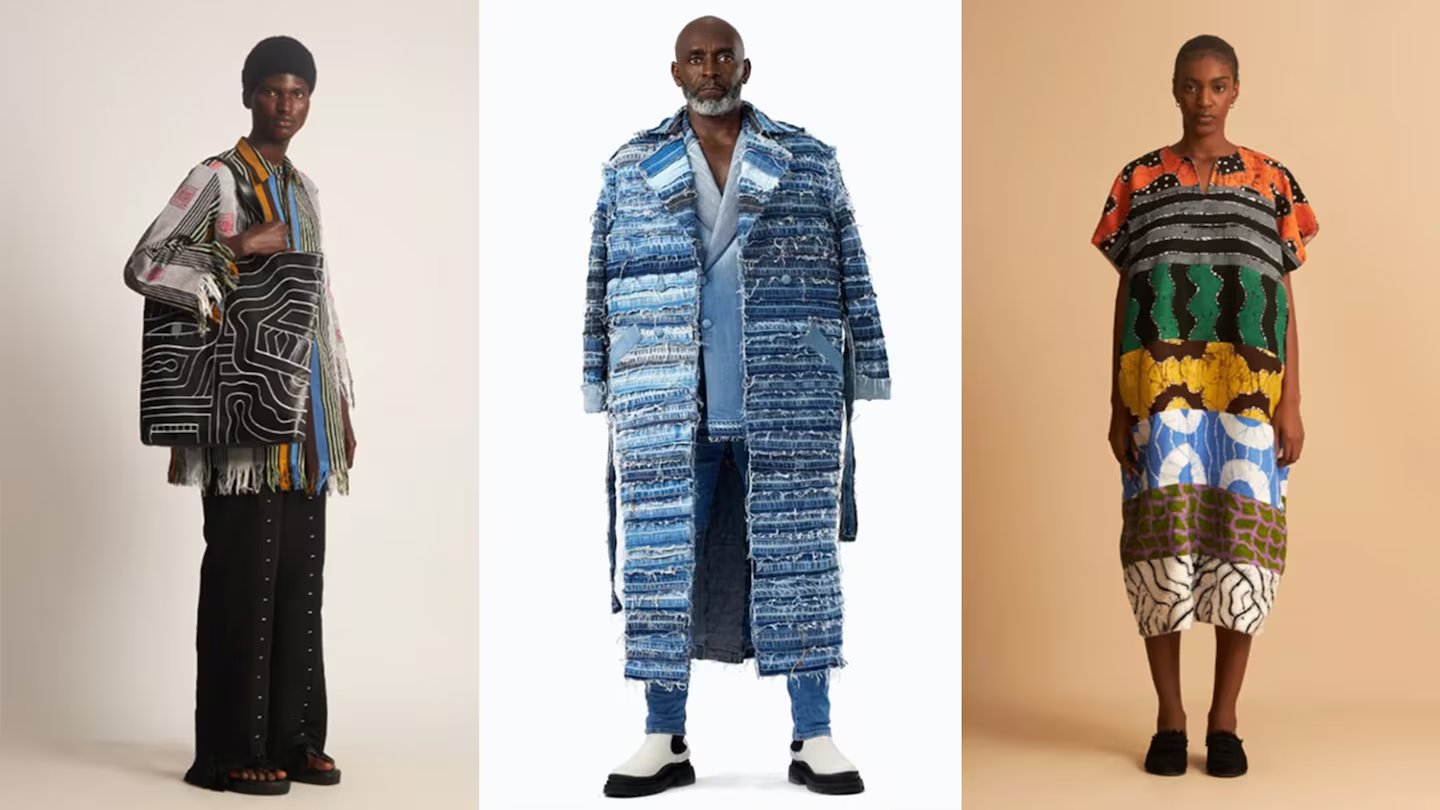Once a year, cities like New York, London, Milan, Lagos, and Paris host the most highly anticipated fashion events: the fashion shows where designers unveil their latest collections. Fashion Week has long been an event of glamour, celebrity, and invention. However, with the advent of Instagram, livestreaming, and fast fashion, many have questioned whether it matters anymore. The answer is yes, but for reasons other than that.
Fashion Week remains the premier platform for designers to showcase their creativity and innovation. In contrast to social media campaigns or influencer marketing, the catwalk offers a unique opportunity for storytelling on a grand scale, where fashion, music, lighting, and motion converge to create an immersive atmosphere. Designers like Virgil Abloh at Louis Vuitton or Pierpaolo Piccioli at Valentino made their shows cultural discourses, influencing how people perceive fashion. These are not the same without the theatre of Fashion Week.
What appears on the catwalk tends to trickle down into street closets, sometimes in months, sometimes in years. Oversized blazers, neon colours, and even luxury streetwear crossovers all received Fashion Week’s endorsement. Social media personalities might pump up trends, but it remains the runway where that cycle begins. Buyers, editors, and stylists look to these shows for a sense of what will define the seasons to come.


Under the catwalk, glamour is the real business of fashion. Retailers attend shows to commission merchandise for their stores, ensuring that what is seen on the catwalk shortly will be on the shelves in boutiques. Writers and critics use the events to identify emerging talent and place the evolution of established players in perspective. For designers, especially independent ones, Fashion Week presents an opportunity to secure contracts and develop long-term relationships with industry leaders.
Fashion Week has also been a platform for cultural and political announcements. Designers are increasingly using runways to comment on issues such as sustainability, gender equality, and racial diversity. When Kerby Jean-Raymond of Pyer Moss staged shows celebrating Black innovation, or when Stella McCartney featured eco-friendly materials, they were not simply showing clothes; they were contributing to global conversation. Fashion Week conveys those messages across the globe in a way that very few other events can.

Lyvans Boolaky/Getty Images

Digital platforms have indeed disrupted how fashion is consumed. A spectacle that was once saved for insiders is now instantaneously available to anyone who owns a smartphone. It opened up fashion, but it also ramped up the stakes for designers, who must create moments that resonate in person and digitally. Most brands nowadays create shows with virality in mind, a controversial cast, a celebrity guest, or a bold performance that will dominate timelines in minutes. Far from undermining Fashion Week, digital culture has probably strengthened it.
Four African Male Models Defining Global Fashion
For all its negatives—elitism, environmental costs, and massive production budgets—Fashion Week is significant because it bridges the gap between creativity and commerce, spectacle and industry. It is the singular occasion when designers, models, buyers, reporters, and celebrities all congregate in one location to set the tone for fashion globally.
More importantly, Fashion Week is about exposure. For emerging designers, especially those from minority populations, a spot on the calendar can be transformative. Lagos Fashion Week, for example, has become a vital platform for African designers to step into the international spotlight, offering them both visibility and validation. It is an entry into an elite club but also allows them to challenge its boundaries, bringing new perspectives and narratives to the global stage.

In a business that is constantly changing, Fashion Week endures not because it refuses to evolve, but because it does. Whether in Paris, Milan, New York, or Lagos, it is still where the future of fashion is unveiled, debated, and revered. And as long as fashion remains relevant, so will Fashion Week.

























